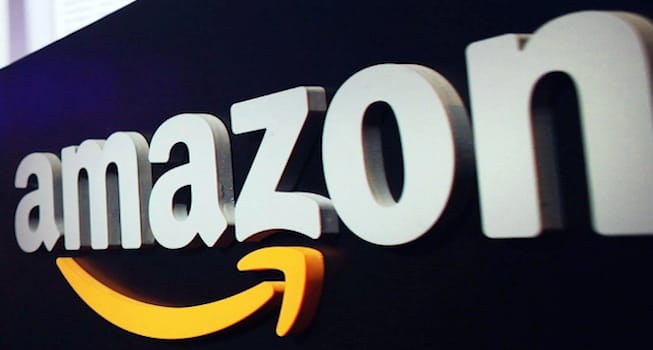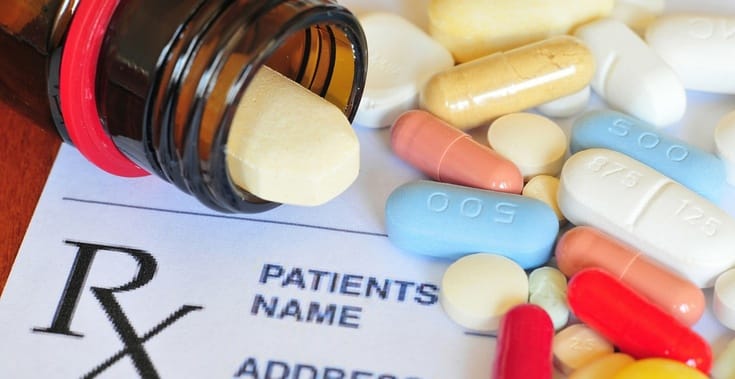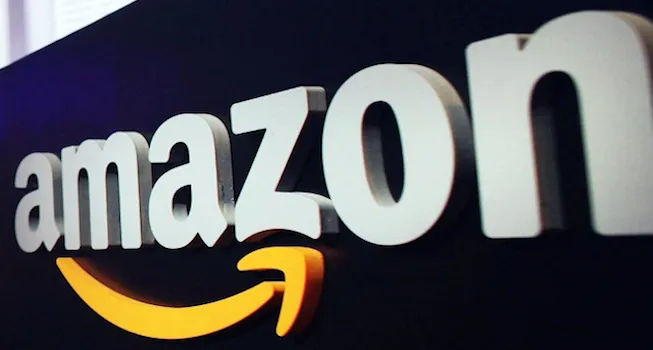
BOSTON — Online retail giant Amazon will enter the broader health care market — it’s just a question of how, according to global management consulting firm L.E.K. Consulting.
In a new report released yesterday, L.E.K. said Amazon has the right combination of capabilities for “its big health care-industry ambitions” and could launch offerings running the gamut from mail-order pharmacy to artificial intelligence (AI)-based diagnostics.
“Anyone who thinks of Amazon as just a very big digital retailer needs to think again,” stated report co-author Rob Haslehurst, a managing director at L.E.K. “They have continually expanded their business model, and today they are a leader in cloud computing, a provider of in-home services and a brick-and-mortar food purveyor, in addition to their e-commerce offerings. They have repeatedly shown that they have the capabilities, the patience and the deep pockets to disrupt industry after industry. Health care is no exception.”
Amazon’s health care aspirations became more clear in late January, when it partnered with Berkshire Hathaway and JPMorgan Chase & Co. to form an independent health care company to provide employees accessible, affordable health care, ostensibly including prescription drugs. They initially aim to focus on technology solutions that give workers and their families access to basic, high-quality and transparent health care “at a reasonable cost.” The companies said they are working on the longer-term management team, headquarters and key operational details.
Though the venture’s plans remain vague, L.E.K. said in its report that there are three reasons to believe Amazon is serious about making a foray health care.
“First, as one of the largest private employers in the U.S., Amazon would reap huge financial benefits from lowering the high cost of health care in this country. Second, the numerous inefficiencies of the health care system present enticing avenues for Amazon to explore, and as CEO Jeff Bezos has famously stated, ‘Your margin is my opportunity.’ Finally, health care is just the kind of big, complex problem that Bezos likes to sink his teeth into,” L.E.K. explained.
To that end, L.E.K. identified five avenues for Amazon to enter the health care arena:
• Durable medical equipment (DME) and medical supplies. Amazon already holds licenses to distribute medical supplies to providers in 43 states, and the company’s competencies in logistics and distribution and its business-to-business e-commerce platform would enable it to easily expand into hospital and provider supply — disrupting the traditional group purchasing organization (GPO) contract model, L.E.K. said in the report.
“This is a no-brainer, because Amazon is already there,” according to report co-author Joseph Johnson, a managing director at L.E.K. “It currently sells a broad array of general medical supplies and durable medical equipment to consumers.”

• Mail order and retail pharmacy. L.E.K. noted that Amazon has secured approval as a wholesale distributor from 12 state pharmaceutical boards and already holds potential brick-and-mortar locations for pharmacies in the wake of its acquisition of Whole Foods Markets.
“While the company faces some hurdles in complying with drug storage and distribution regulations, these challenges are hardly insurmountable. Amazon has another ace in the hole with its recent acquisition of Whole Foods. Stores could be used to house brick-and-mortar pharmacies that would be powered by Amazon’s mail-order fulfillment capabilities,” the report said.
“The company can also take advantage of its predictive analytics and customer data capabilities to build digital health tools that track and influence patient behavior — giving it a leg up over traditional pharmacy in working with the most challenging areas of health care delivery,” L.E.K. added.
Amazon’s ability to quickly deliver products would be a boon in the mail-order pharmacy field, where it could improve delivery times for critical medications and put pressure on mail-order pharmacy operators, the report pointed out.
“Traditional retail pharmacies are also likely to feel the heat and may have to respond by diversifying their offerings (for example, by offering blood tests),” L.E.K. said. “Furthermore, if Amazon can come in as a low-cost player, existing pharmacies and pharmacy benefit managers will almost certainly experience margin compression.”
• Pharmacy benefit manager. L.E.K. said Amazon already is familiar with a strategy employed by PBMs, which leverage the combined purchasing power of health plan members to lower prices for prescription drugs.
“Because the PBM market is fairly consolidated, Amazon would most likely enter the space either by partnering with a large PBM such as Express Scripts or by purchasing a smaller player like Prime Therapeutics. This would give it access to the requisite claims adjudication systems and networks of pharmacies,” L.E.K.’s report explained. “Its relationship with millions of Amazon Prime customers makes it an attractive partner for a PBM, and once again its data analytics capabilities could be leveraged to improve patient compliance and health behaviors.”
• Telemedicine or home health care. Amazon boasts “an enormous platform” for new voice-activated services that, L.E.K. noted, could easily include health care: the Echo smart speaker (20 million units sold to date) and Alexa, its voice-controlled personal assistant service.
“Bezos has talked publicly about the role for Alexa in the future of health care delivery. Alexa’s first step would be to help book physician visits,” L.E.K. said. “But thanks to Echo Show’s video capabilities, the next move might be in-home virtual house calls.”
• AI-powered diagnostics and continuous care. Fully automated, AI-driven, in-home health care and diagnostics could become the “final frontier” in health care for technology-deft Amazon, according to L.E.K.
“Amazon has deep AI capabilities — machine-learning already drives many of its offerings, from its customer recommendation engine to its service centers,” Johnson stated. “It would be only logical to harness that capability to diagnostics. And in fact, this has already started: Alexa now delivers first aid information and voice-driven, self-care instructions in an offering introduced by the Mayo Clinic. It wouldn’t be a stretch to add first-line diagnostic information, provide medication reminders and auto-refill prescriptions.”
What’s more, these five scenarios aren’t mutually exclusive, Johnson added. “In fact, they represent a roadmap that Amazon can follow to move continually deeper into the health care industry. All of them illustrate Amazon’s ability to drive down prices and margins while fundamentally transforming customer behavior.”
Amazon already has made inroads into the health care space. L.E.K. said Amazon plans to start offering Prime Now drug deliveries directly to consumers with pharmacist approval in Japan, and in the United States the company has been recruiting for health care-related positions.
L.E.K. emphasized that Amazon is far more than an online retailer and a “master mover of boxes,” given its ready access to capital, a massive distribution infrastructure, strong technology base, robust data analytics and deep, talented executive bench
“It is at core a technology company, and it is driven by a central belief that technology can be applied to most problems. Jeff Bezos has made it abundantly clear that he considers health care to be one of those problems, and that it fits within the company’s vision to tackle it,” L.E.K.’s report concluded. “With a relentless and resourceful culture, an effective global distribution network and an agile technology infrastructure, Amazon has the potential to make meaningful strides toward realizing that vision. Any players in the space would do well to move beyond having a mere digital strategy and step up their game by developing an Amazon strategy.”









